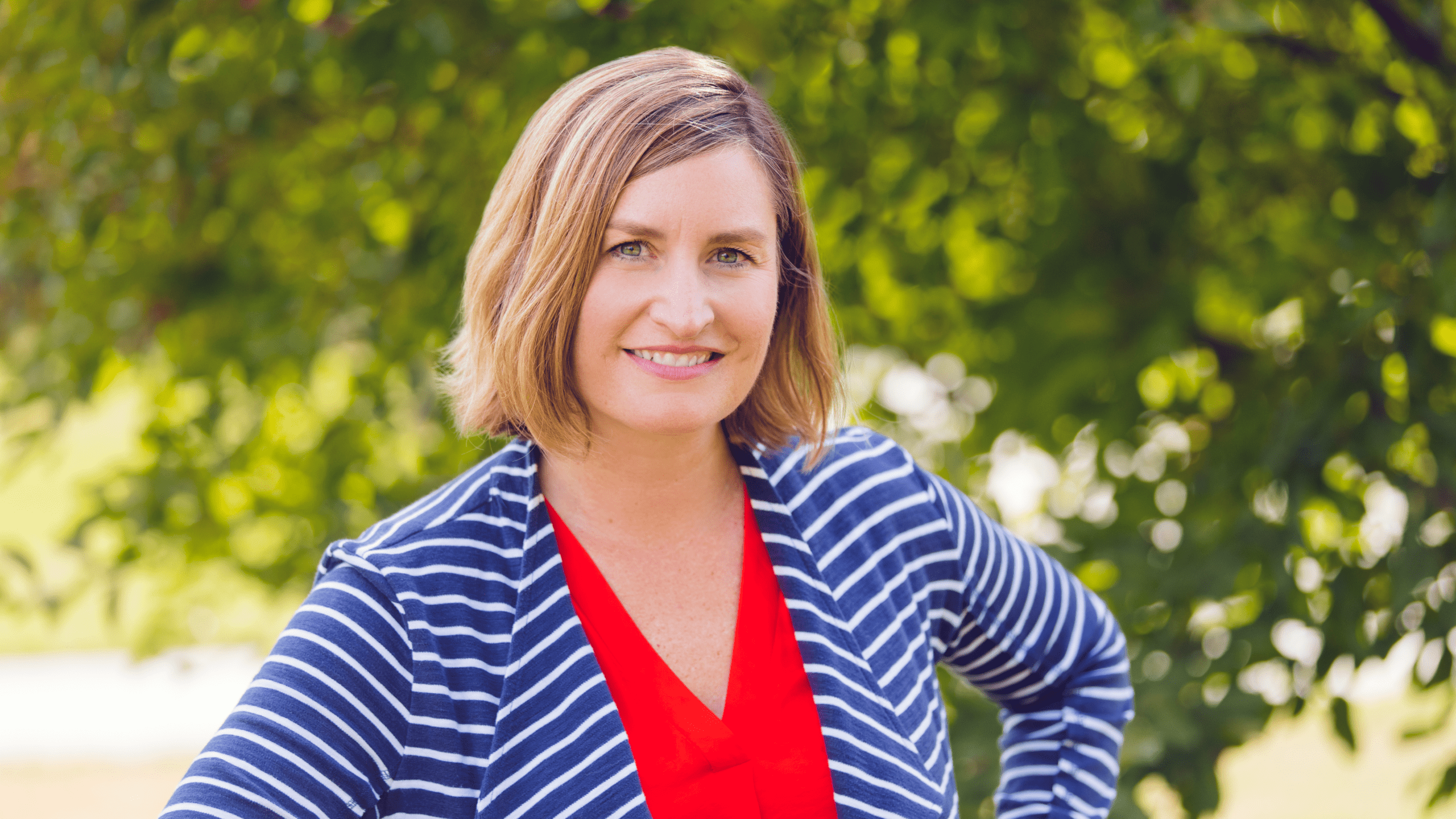Charles Brennan provided testimony in support of House Bill 24-1129, Protections for Delivery Network Company Drivers. CCLP is in support of HB24-1129.
Recent articles
CCLP testifies in support of TANF grant rule change
CCLP's Emeritus Advisor, Chaer Robert, provided written testimony in support of the CDHS rule on the COLA increase for TANF recipients. If the rule is adopted, the cost of living increase would go into effect on July 1, 2024.
CCLP testifies in support of updating protections for mobile home park residents
Charles Brennan provided testimony in support of House Bill 24-1294, Mobile Homes in Mobile Home Parks. CCLP is in support of HB24-1294.
CCLP’s legislative watch for April 5, 2024
For the 2024 legislative session, CCLP is keeping its eye on bills focused on expanding access to justice, removing administrative burden, preserving affordable communities, advocating for progressive tax and wage policies, and reducing health care costs.
PRESS RELEASE: Lydia McCoy to lead CCLP as next executive director

Longtime nonprofit leader to begin tenure June 16, 2023
DENVER, CO — June 12, 2023 — Today the Board of Directors for Colorado Center on Law and Policy was pleased to announce Lydia McCoy as the organization’s next Executive Director. Currently serving on the board of the Denver Metro Chamber Leadership Foundation, and as board chair of One Colorado, Ms. McCoy brings extensive nonprofit leadership and community engagement to CCLP’s anti-poverty mission.
In addition to her board leadership, McCoy most recently served as an adjunct faculty instructor for DU’s Nonprofit Leadership graduate program, as well as interim president and CEO of The Gathering Place.
“On behalf of CCLP’s board of directors, I am thrilled to welcome Lydia McCoy as our new Executive Director,” said Beatriz Bonnet, CCLP board chair. “Following an extensive nationwide search for the next leader of our organization, Lydia emerged as the strongest candidate not only in the eyes of the board but among CCLP’s dedicated staff as well. Her deep knowledge of what makes nonprofits succeed, combined with her real-world experience leading high impact mission-driven teams, made her a clear fit for where this organization is headed in the years to come.”
McCoy received her BA in Political Science from Tulane University and her Master of Nonprofit Management from Regis University. Prior to her work with The Gathering Place, she served as chief operating officer for the Colorado Nonprofit Association, executive director of Ray of Hope Cancer Foundation, and executive director of Immunize Colorado.
Said McCoy of her new role: “I’m thrilled to be joining CCLP’s brilliant staff and dedicated Board in continuing to grow our impact across Colorado. Addressing the challenges that keep people in cycles of poverty requires not only expertise in research, legislation, and legal advocacy, but also deep partnerships with community-serving organizations and the people directly impacted. I have long been impressed with CCLP’s collaborative and responsive approach to the work and have great enthusiasm for the many successes to come.”
Her past volunteer roles include chairing the Community Voices Committee of the Colorado COVID Relief Fund, and serving as chair of both the Colorado Nonprofit Association Board of Directors and the National Young Nonprofit Professionals Network (YNPN) Board of Directors. She has participated in the El Pomar Nonprofit Executive Leadership Program, was a member of the 2016 class of Leadership Denver and 2019 Civic DNA Fellows, represented Colorado at the National Nonprofit Congress, and was a fellow with Social Venture Partners Denver.
“Lydia has dedicated her career to advocating for the needs of all Coloradans,” said Dontae Latson, vice chair of CCLP’s board of directors, and President and CEO of Rocky Mountain Communities. “Her alignment with the core values of this organization couldn’t be clearer. It is an honor to have her join us at this pivotal moment in the fight against poverty.”
McCoy will succeed Bethany Pray, who has served in the interim executive director role since October of last year. Ms. Pray will remain at CCLP, returning to her prior leadership role as CCLP’s senior legal director, where she will continue to oversee CCLP’s growing work in legal and regulatory advocacy.





